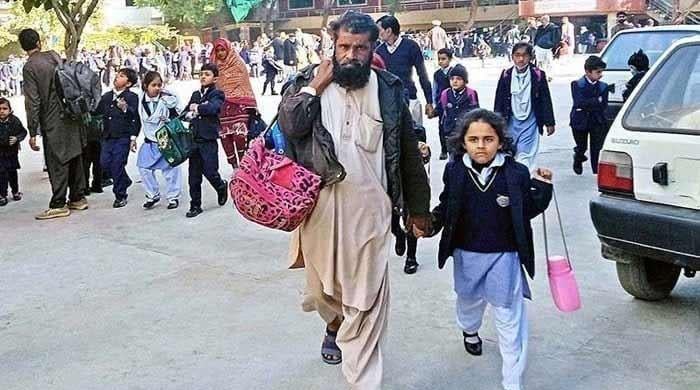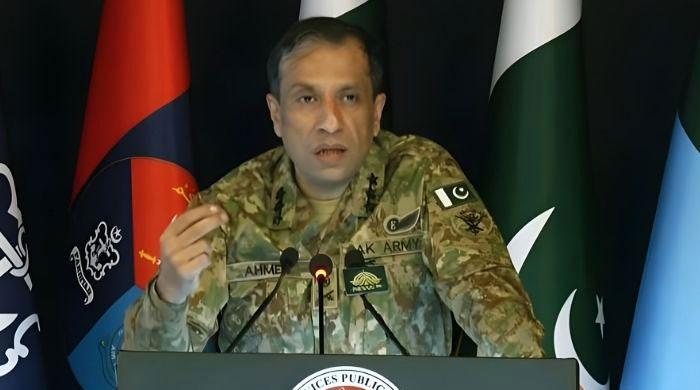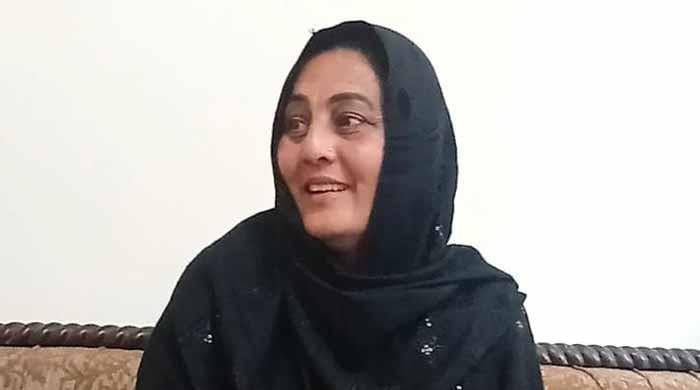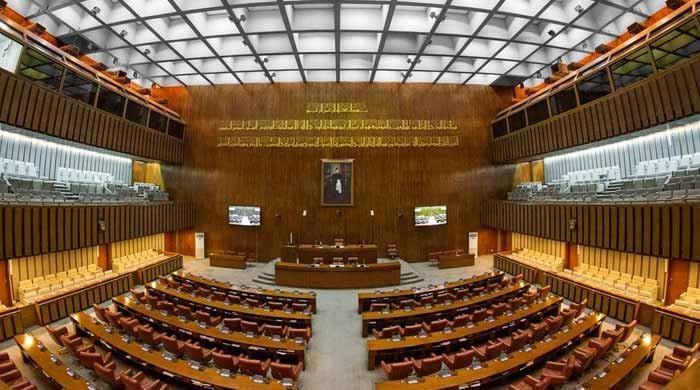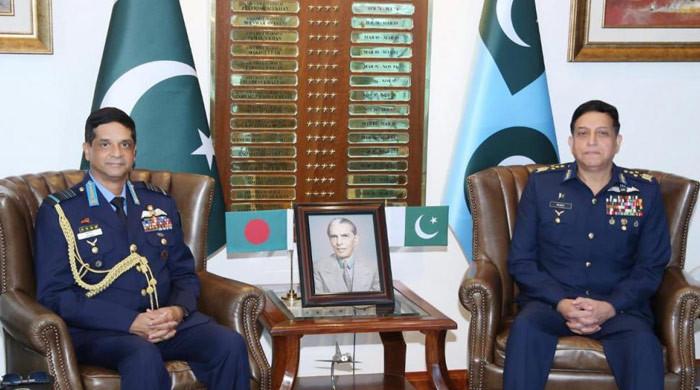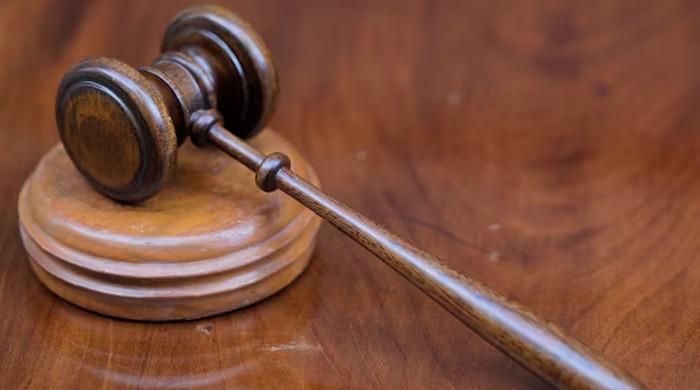'Travesty of justice': Pakistan rejects Indian SC verdict on Article 370
Pakistan does not acknowledge supremacy of Indian Constitution over Jammu and Kashmir, says FM
December 11, 2023
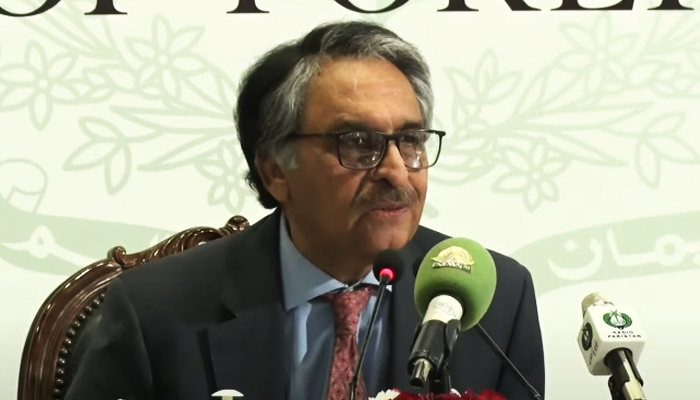
Caretaker Foreign Minister Jalil Abbas Jillani has slammed the Indian Supreme Court's verdict that validated the Narendra Modi-led government's unilateral move to scrap Article 370 — the constitutional provision that granted semi-autonomous status to the Muslim-majority region.
Addressing the media to share Pakistan's response to the Indian Supreme Court's verdict in Islamabad on Monday, the interim foreign minister read out Islamabad’s official response to the verdict saying Pakistan categorically rejects the judgment on the status of IIOJK.
“Jammu and Kashmir is an internationally-recognised dispute, which remains on the agenda of the UN Security Council for over seven decades. The final disposition of Jammu and Kashmir is to be made in accordance with the relevant United Nations Security Council Resolutions and as per the aspirations of the Kashmiri people. India has no right to make unilateral decisions on the status of this disputed territory against the will of the Kashmiri people and Pakistan," he added.
The FM said Pakistan does not acknowledge the supremacy of the Indian Constitution over Jammu and Kashmir and added that any process, subservient to the Indian Constitution, carries no legal significance.
He further said: "India cannot abdicate its international obligations on the pretext of domestic legislations and judicial verdicts. Its plans to annex IIOJK are bound to fail.
"The judicial endorsement of India’s unilateral and illegal actions of August 5, 2019, is a travesty of justice, based on distorted historical and legal arguments.
"The Indian Supreme Court’s verdict fails to recognise the internationally-recognised disputed nature of the Jammu and Kashmir dispute. It further fails to cater to the aspirations of the Kashmiri people, who have already rejected India’s illegal and unilateral actions of August 5, 2019. The judgement is yet another manifestation of the pliant judiciary under India’s ruling dispensation.
"Restoration of statehood, conduct of State Assembly elections or similar steps cannot serve as a substitute to the grant of the right to self-determination to the Kashmiri people.
"The judgement cannot distract the international community’s attention from the gross and systematic human rights violations being perpetrated in IIOJK.
"India’s unilateral and illegal measures since August 5, 2019, have been aimed at changing the demographic structure and political landscape of the IIOJK, in flagrant violation of international law and the relevant UN Security Council Resolutions, especially Resolution 122 (1957). They remain a matter of grave concern for Pakistan as their ultimate goal is to convert the Kashmiris into a disempowered community in their own land. These measures must be rescinded to create an environment for peace and dialogue.
"Pakistan will continue to extend its full political, diplomatic and moral support to the people of IIOJK for the realisation of their inalienable right to self-determination."
Indian SC verdict
India's top court on Monday upheld a move by PM Modi's government to revoke the limited autonomy of Muslim-majority IIOJK, where an insurgency has raged for decades, and ordered elections within a year.
The 2019 declaration was "a culmination of the process of integration and as such is a valid exercise of power", the Supreme Court said in its verdict.
The move was accompanied by the imposition of direct rule from New Delhi, mass arrests, a total lockdown and communication blackout that ran for months as India bolstered its armed forces in the region to contain protests.
Modi's muscular policy has been deeply controversial in IIOJK, with the insurgency that claimed tens of thousands of lives over decades largely quietened.
The removal of Article 370 of the constitution, which enshrined the special status of the disputed region, was challenged by Kashmir's pro-India political parties, the local Bar Association and individual litigants, culminating in Monday's verdict.
The court upheld removing the region's autonomy while calling for IIOJK to be restored to statehood with the same status as any other Indian state "at the earliest and as soon as possible".
The court also ordered state elections to take place by September 30, 2024.
Security was stepped up across the disputed territory ahead of the verdict, with authorities deploying hundreds of soldiers, paramilitary troops, and police in the main city of Srinagar to thwart any protests.




